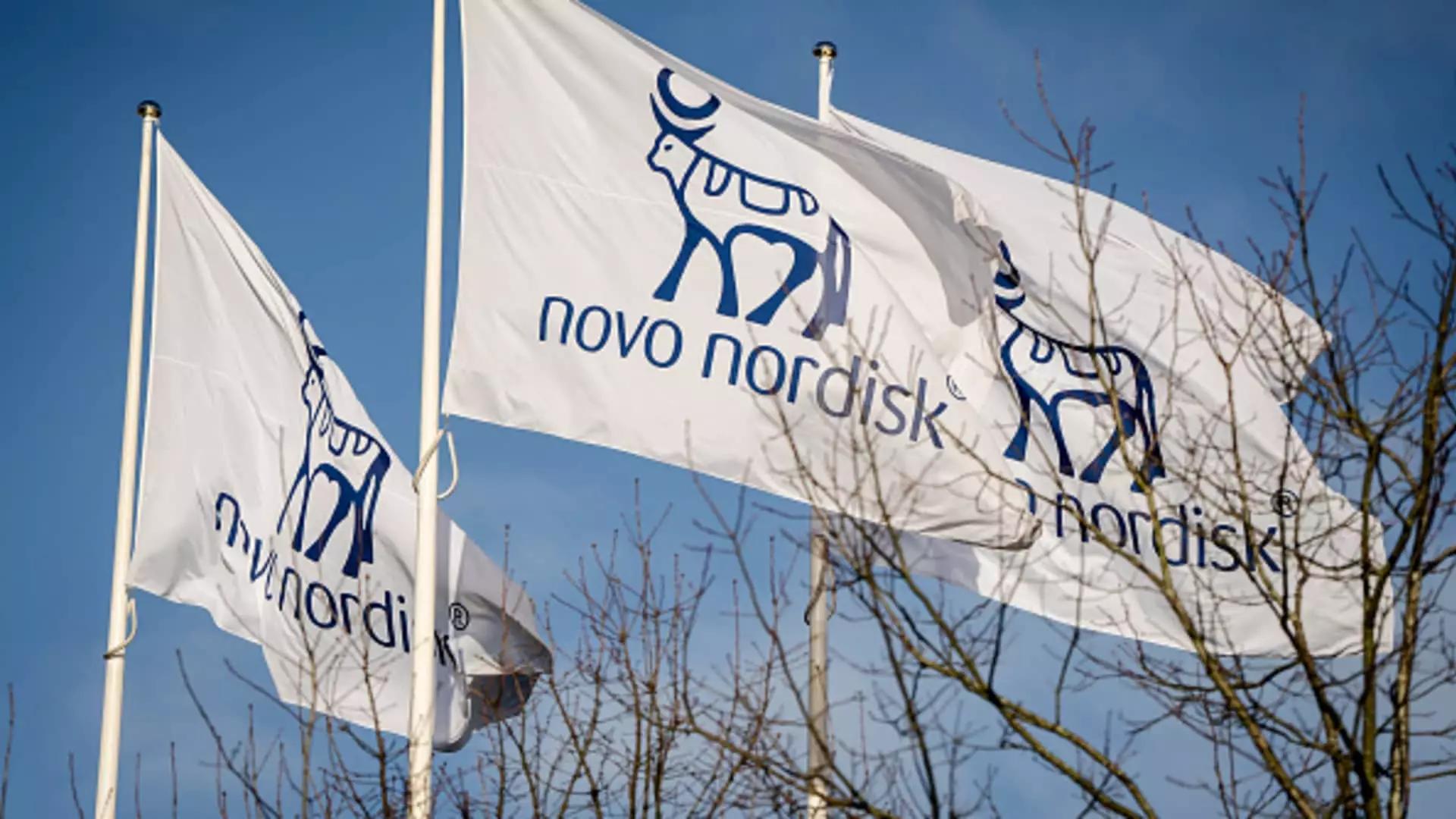In recent discussions at the American College of Cardiology’s Annual Scientific Session, Novo Nordisk unveiled groundbreaking results from its late-stage trial of Rybelsus, an innovative diabetes pill. This oral medication has not only demonstrated its effectiveness in managing Type 2 diabetes but has also emerged as a beacon of hope for patients at heightened risk of cardiovascular complications. The study’s findings indicated a notable 14% reduction in the risks of cardiovascular-related death, heart attack, and stroke for those living with diabetes and established heart diseases over an average timeframe of four years. These results could potentially shift the landscape of treatment for patients contending with both these chronic health issues.
Cardiovascular Benefits: Challenging the Status Quo
The notion that diabetes and cardiovascular health are intertwined is not new, yet traditional treatment options have frequently isolated one condition from the other. By focusing solely on blood sugar management, we have neglected to adequately address the pressing cardiovascular threats faced by many diabetic patients. This trial, however, suggests a more integrated approach, positing Rybelsus as a multi-functional medication housing both diabetes management capabilities and significant cardiovascular benefits.
The data from Novo Nordisk underscores this hypothesis. Patients who utilized Rybelsus experienced a 26% drop in non-fatal heart attack incidence and a 12% decrease in the risk of non-fatal strokes. These figures serve not only as promising statistics but as a wake-up call to healthcare professionals. There is a pressing need for them to reevaluate treatment protocols for diabetes—shifting away from isolated considerations of glucose management to a more comprehensive method embracing cardiovascular health.
A Transformative Alternative: Oral versus Injectable Medications
One striking aspect of this announcement is the opportunity for people who are apprehensive about injections—accounting for a significant demographic in diabetic treatment—to experience the benefits of effective medication. Rybelsus stands as a pivotal alternative to Ozempic, its polymer counterpart which is administered via injection. For many patients, the fear of needles can be a considerable barrier to medication adherence. In contrast, Rybelsus offers a more manageable oral solution, addressing patient convenience alongside therapeutic efficacy.
Novo Nordisk’s global chief medical officer, Stephen Gough, alluded to this sentiment directly, emphasizing the choice that can now exist between injections and oral medication. It’s a fundamental change in practice: the acknowledgment that preferences—not just outcomes—matter when it comes to health management. This kind of patient-centered approach offers not only therapeutic efficacy but also the much-needed convenience that can lead to improved adherence to treatment regimens.
Collaborating Science: A Look at Competing Advances
Novo Nordisk is not alone in this pursuit. As competition heats up, companies like Eli Lilly are also racing to develop oral GLP-1s, a class of drugs from which Rybelsus derives its function. This burgeoning field of pharmacology speaks volumes about the increasing recognition of the need for accessible, convenient treatments that cater to diverse patient needs. The clinical success of Rybelsus could be merely the beginning of an onslaught of innovations designed to tackle diabetes and its related conditions holistically.
Competition, however, brings forth a dual-sided coin. While it fosters rapid innovation, it also introduces risks: the essence of patient safety and the integrity of clinical outcomes must remain paramount. As we celebrate these advancements, it’s essential that rigor and safety regulations are not compromised in the name of market share.
Future Implications: What Lies Ahead for Rybelsus?
As Novo Nordisk prepares to apply for expanded approvals from regulatory authorities within the U.S. and EU, the implications of these findings become profound. Should Rybelsus receive the green light for its cardiovascular claims, it could herald a new era in how medical professionals prescribe treatments that address both diabetes and heart disease collectively.
This potential move to integrate cardiovascular health as a vital metric within diabetes treatment is revolutionary. It raises critical questions about the direction of other therapeutic areas and prompts discussions about how we define ‘success’ in managing chronic conditions. Moving forward, there is an urgent need for continued research focused not just on glycemic control, but also on comprehensive strategies that include heart health as a critical marker of success in diabetes management.
Rybelsus stands at the crossroads of opportunity; it marries the necessity for effective diabetes treatment with an awareness of associated cardiovascular risks—and if recognized and adopted, it could transform the lives of millions.

